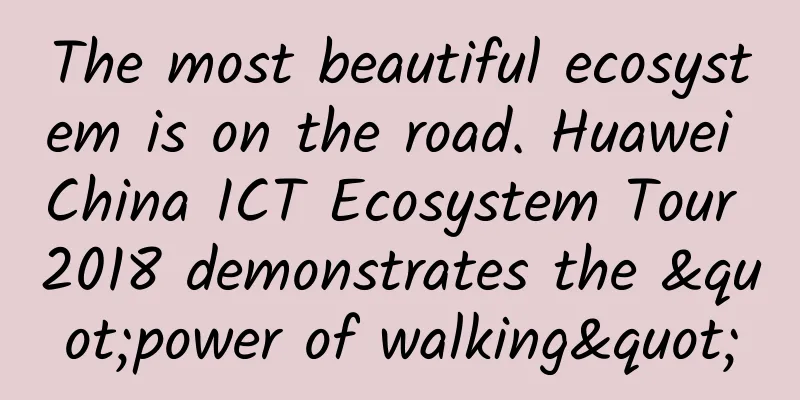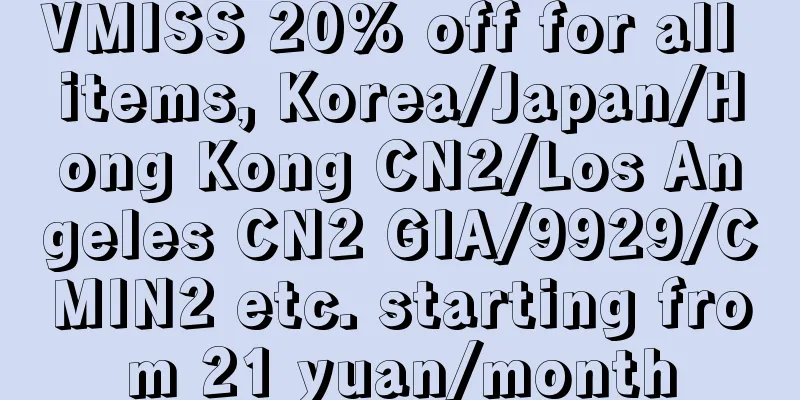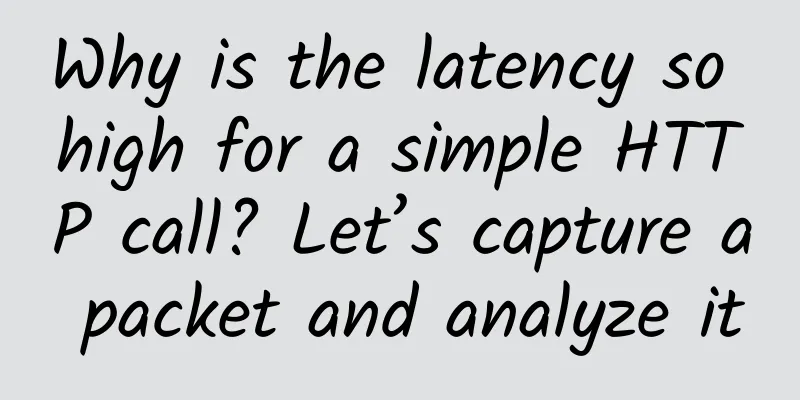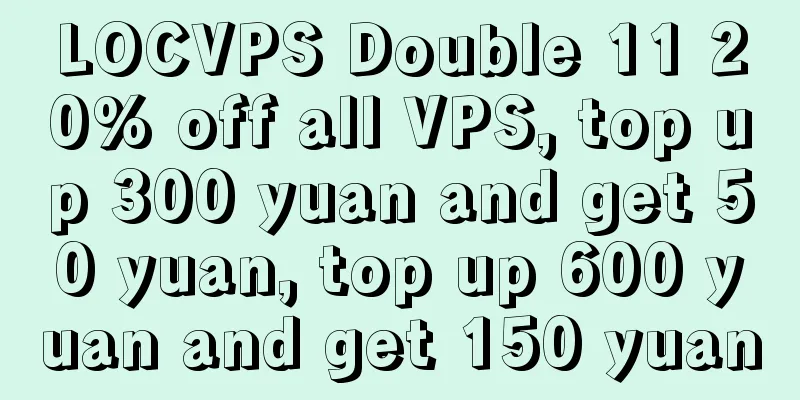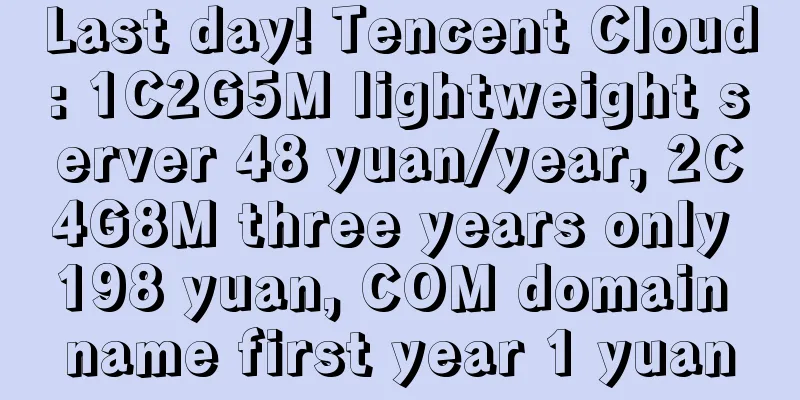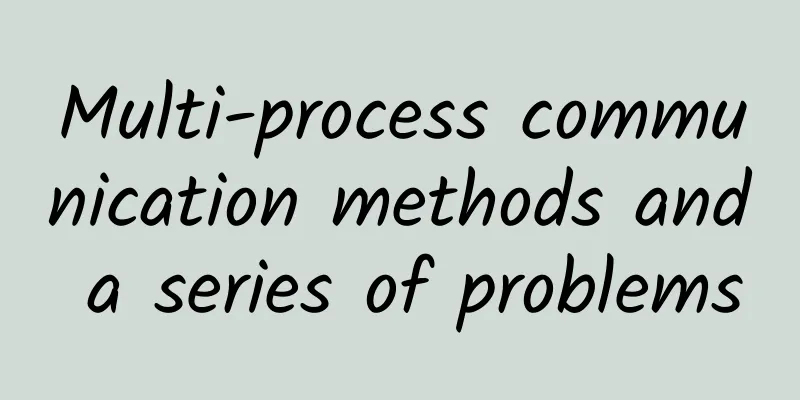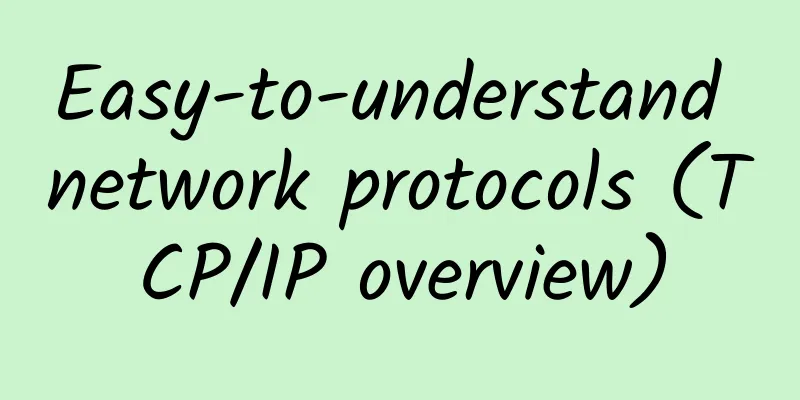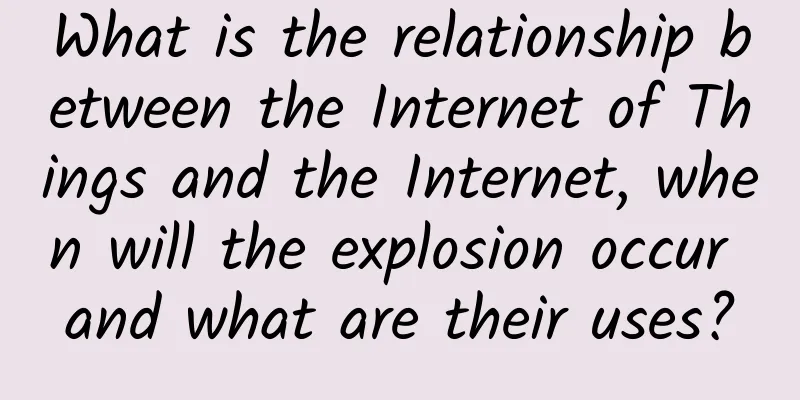What is the blockchain that is frequently mentioned on the screen? What is unique about it?
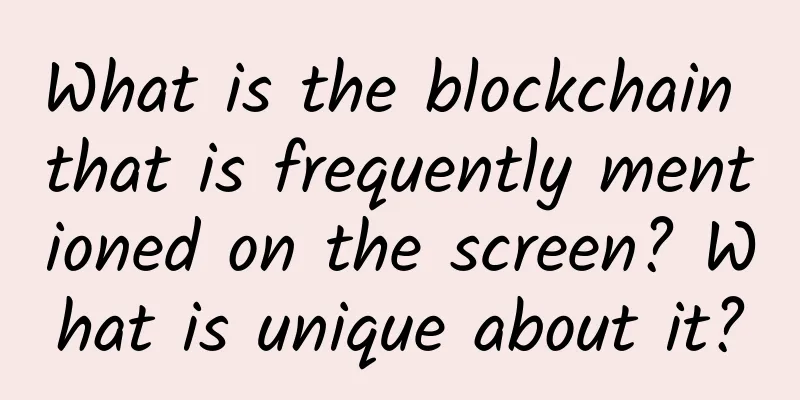
|
At the beginning of the new year, in addition to live quiz shows, the hottest topic is blockchain. The roller coaster-like stock prices of blockchain concept stocks, announcements from the Shanghai and Shenzhen Stock Exchanges, clarifications from major companies... blockchain is really busy. Although many people are flooded with blockchain news, few can really explain what blockchain is. Is blockchain Bitcoin? Blockchain became known to the public starting with Bitcoin and the ICO that was stopped by regulators last year. As the underlying technology of Bitcoin and various "tokens", many people mistakenly believe that blockchain is Bitcoin, but this understanding is actually wrong. Industry experts said that virtual currencies such as Bitcoin should be clearly distinguished from blockchain technology, and shutting down virtual currency exchanges and prohibiting Bitcoin platform transactions do not conflict with the current vigorous development of blockchain. Dong Ximiao, a senior researcher at the Chongyang Institute for Financial Studies at Renmin University of China, said that it is necessary to distinguish the ban on ICOs from Bitcoin, and to distinguish the regulation of Bitcoin from blockchain technology. The governance measures of my country's regulatory authorities are not intended to suppress blockchain technology, but to curb various illegal transactions, maintain financial order, and protect the public interest.
Is blockchain essentially a database technology? After clarifying these concepts, let's take a look at what blockchain is. Wang Jun, chief researcher of Tencent Financial Technology Think Tank, told China News Service that blockchain is essentially a database technology, specifically a ledger technology. A ledger is a set of records that record asset changes and transaction status of one or more accounts. It is actually a database with the simplest structure. The daily accounts we usually keep in small notebooks and the bank statements are typical ledgers. Hu Danqing, a senior product expert at Ant Financial's blockchain, said that blockchain is a distributed ledger involving multiple parties and is known as a technology "born to solve the trust problem." The essential difference between the digital world and the physical world is that things in the physical world are real and cannot be created or disappeared out of thin air. However, data in the digital world can be deleted, changed or copied out of thin air without leaving any trace. But with blockchain technology, the digital world can be as real and credible as the physical world. How secure is blockchain? So what are the characteristics of the hot blockchain technology that are different from traditional databases? Wang Jun explained to China News Service that, first of all, blockchain is a distributed database technology. Distributed technology mainly refers to storage architecture. The distributed architecture adopted by blockchain not only stores ledger data on each node, but also each node must contain the data of the entire ledger. This completely distributed architecture brings extremely high security, and no one can destroy all nodes at the same time. Secondly, blockchain technology can be tamper-proof through "blocks" and "chains". The unit of blockchain data storage is blocks. When each block is generated, it must contain the unique "characteristic value" of the previous block (which can be regarded as the identity card of the block). Each block is strictly lined up in the order of generation time to form a "chain". How does blockchain prevent ledgers from being tampered with? If someone changes the content of a block, the unique characteristic value of the block will also change, and the subsequent blocks will immediately no longer recognize it. This "fake" block will have no choice but to be delinked from the chain. Wang Jun added that most databases are centralized. For example, when we deposit money in a bank, we have to trust the bank to record our transactions truthfully without over- or under-recording. However, blockchain is "decentralized". It does not have a centralized management organization. It only presets an open and transparent consensus algorithm. Any transaction that meets this consensus algorithm can be written into the ledger. Just set a set of rules that everyone can see and understand, and act according to the rules. Wang Jun emphasized that security is a major feature of blockchain technology. However, from the perspective of privacy protection, blockchain emphasizes openness and transparency, and any node has the right to operate according to the consensus algorithm, so it is not suitable for scenarios that require data privacy protection. In what areas can blockchain be used? Sun Guofeng, director of the Financial Research Institute of the People's Bank of China, said in an interview with the media that blockchain technology can be applied to many fields and scenarios, including some social management scenarios, and it is necessary to further broaden the vision of research and development of blockchain technology. China News Service noted that some companies have applied blockchain technology to public welfare to promote greater openness and transparency in public welfare and ensure that every donation from users is transparent, traceable and cannot be tampered with. At the same time, blockchain is also used to trace the authenticity of goods and help rental platforms achieve mutual trust between real houses and real residents. Some companies have also launched shared ledgers to address the demand for information sharing scenarios, such as public welfare missing persons search, which allows reporting information of lost children to be shared and synchronized among multiple public welfare platforms in the alliance. "Using blockchain to solve trust issues has great value in modern business society." Wang Jun said that to determine whether a field is suitable for blockchain technology, four questions can be asked: First, are the data security requirements high? Second, is there an organization that all parties involved fully trust? Third, are the requirements for data processing efficiency not high? Fourth, are the requirements for data privacy not high? If the answers to the above questions are all yes, then the scenario is suitable for blockchain. How to view the blockchain craze rationally? In the face of the blockchain craze, Hu Danqing said that the blockchain craze is not about using technology to solve the trust problem, but about raising funds, raising money, and hyping valuations. Most of the so-called ICOs are innovations in fundraising tools and have nothing to do with technological innovation. "The basis for judging whether it is technological innovation or fundraising innovation is actually very clear: whether it starts with trust and whether actual value is created by solving the trust problem. Without the foundation of a source of value, no matter how high the market value of a coin is, it is just a castle in the air and its collapse is a matter of time," said Hu Danqing. |
>>: Discussing the future of TOSCA and NFV
Recommend
The Internet of Things is gradually entering a new era. These will affect our lives in the future.
Today, the rapidly developing IoT devices can rea...
16 Useful Bandwidth Monitoring Tools to Analyze Network Usage in Linux
Why are today's networks so slow? Are you hav...
Several steps and tools for troubleshooting the network
Let me ask a question first. If one day you sudde...
The network infrastructure of the future is intelligent
Smart systems have become an increasingly common ...
Application of IoT technology in the logistics industry under the background of 5G
The Internet of Things has the characteristics of...
As 5G development enters the second half, what kind of report card has been delivered?
It has been four years since China issued 5G comm...
An article to bring you the principle and application of LDO
[[404648]] 01LDO Definition LDO, or low drop out ...
The number of active IPv6 users in my country has reached 608 million, and IPv6+ development has entered the second stage
On January 22, according to Feixiang.com, on Janu...
Shocking! 4G short videos exploded, 5G will eliminate pictures and texts!
The 2G era is an era of text messages flying ever...
CheapWindowsVPS: $9/month KVM-4GB memory, 50G SSD hard disk, 1Gbps unlimited traffic, 9 computer rooms
CheapWindowsVPS is a foreign hosting company esta...
Data center "cloudification" solves the embarrassment of virtualization
Virtualization technology is being used more and ...
Veteran Network Engineer: Talking about Several Typical Deployments and Practices of SD-WAN
A few days ago, I talked with my colleagues about...
SpartanHost Seattle E5 series VPS partial restock, Dallas large hard drive VPS restock
I haven't shared information about SpartanHos...
Data Cabling: How to Plan Ahead?
Data cabling is an important channel for enterpri...
